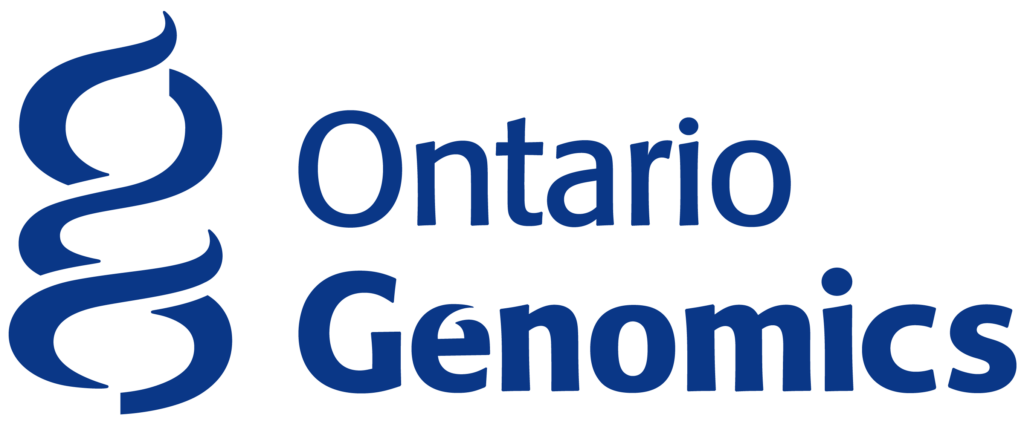The CBW has developed a 2.5 day course covering the bioinformatics concepts and tools available for interpreting a gene list using pathway and network information. The workshop focuses on the principles and concepts required for analyzing and conducting pathway and network analysis on a gene list from any organism, although focus will be on human and model eukaryotic organisms.
Participants will gain practical experience and skills to be able to:
- Get more information about a gene list;
- Discover what pathways are enriched in a gene list (and use it for hypothesis generation);
- Find out how a set of genes is connected by e.g. protein interactions and identify pathways, systems and modules within this network;
- Predict gene function and extend a gene list;
We will develop a unified analysis flow chart throughout the course that students will be able to follow after the workshop to conduct their own analysis.
- This workshop is intended for biologists working with ‘Omics data’ (e.g. gene expression, protein expression, molecular interactions, large-scale genetic screens and other omics data) from human and model eukaryotic organisms who are interested in interpreting large gene lists resulting from their experiments. Concepts will be applicable to omics data from non-eukaryotic organisms, but software and demonstrations will not cover them. The workshop does not cover preprocessing of the ‘Omics data’ (e.g. normalization, differential expression analysis).
- Tools presented in this workshop do not require any programming skills and the workshop does not involve any coding. However, for R proficient users, scripts will be provided for some of the pipelines (pathway enrichment analysis, EnrichmentMap).
You will also require your own laptop computer. Minimum requirements: 1024×768 screen resolution, 1.5GHz CPU, 8GB RAM, 10GB free disk space, recent versions of Windows, Mac OS X or Linux (Most computers purchased in the past 3-4 years likely meet these requirements).If you do not have access to your own computer, you may loan one from the CBW. Please contact support@bioinformatics.ca for more information.
This workshop requires participants to complete pre-workshop tasks and readings.
Module 1: Introduction to pathway and network analysis (Gary Bader)
- Where gene lists come from and what they are useful for
- Pathway and network analysis overview
- Workflow of concepts and tools from gene list to pathway analysis
- Examples of multiple paths through the workflow that will be covered in the workshop
- Sources of pathway and network information: GO biological process, network databases, pathway databases. Examples of pros and cons of each type of information.
- General issues: gene identifiers, data normalization
Module 2: Finding over-represented pathways in gene lists (Veronique Voisin)
- Statistics for detecting over-representation e.g. hypergeometric test, GSEA
- Multiple testing correction: Bonferroni, Benjamini-Hochberg FDR
- Filtering Gene Ontology e.g. using evidence codes
Lab Practical: Performing over-representation analysis (covers many model organisms):
- Workflow of tools and steps
- g:Profiler tool for over-representation analysis
- Gene Set Enrichment Analysis (GSEA) and Enrichment Maps software tool
- Running gene enrichment tools on your gene list
Module 3: Network visualization and analysis with Cytoscape (Ruth Isserlin)
- Introduction to Cytoscape and basic network concepts
- Cytoscape demo
- EnrichmentMap
Lab Practical: Tutorials on Cytoscape:
- EnrichmentMap
- AutoAnnotate
- Layouts
- Labels
Module 4: More Depth on Pathway and Network Analysis (Lincoln Stein)
- Basic network concepts
- Types of pathway and network information
- Network and pathway databases
- More examples of pathway and network analysis methods
- Reactome analysis tools: network clustering and paradigm
Lab Practical: Reactome (for human data only):
- Workflow of tools and steps (ReactomeFI intro +demo)
- Reactome FIViz Cytoscape app lab
Module 5: Gene Function Prediction (recorded lecture from Quaid Morris)
- Functional association networks and gene function prediction
- Functional relationships, similarity space
- Guilt-by-association concept
- GeneMANIA and STRING tools
Lab Practical (Veronique Voisin):
- Using GeneMANIA to assess gene and gene list function
- Workflow of tools and steps (GeneMANIA intro +demo) (30min)
- GeneMANIA lab
- String lab
Module 6: Review of the tools in an integrated workflow – Part 1 (Veronique Voisin/Ruth Isserlin)
- Familiarize yourself with g:Profiler, GSEA , EnrichmentMap in a workflow.
- Review of top 10 Cytoscape apps and final words. Question and Answers.
- Option 1. Example of pathway analysis using scRNA
- Option 2. Use the tools reviewed in this workshop with your own gene list.
- Option 3. Review Cytoscape basic tools like playing with styles, creating subnetworks using .
- Option 4. Example of pathway analysis using ChIP-seq data (+ recorded video from Michael Hoffman)
- Questions and Answers with instructors
Module 7: Review of the tools and scripted pipeline – Part 2 (Veronique Voisin/Ruth Isserlin)
- Option 1. For R users only (optional) – integrate the enrichment map pipeline directly into your current R pipelines. Learn how to communicate with Cytoscape directly from R using the bioconductor package RCy3. Create, manipulate and modify networks automatically.
- Option 2. Finish practical labs from the workshop at your own pace.
- Option 3. Work on your own data and project, questions and answers with instructors.
Duration: 2.5 days
Start: Jun 05, 2023
End: Jun 07, 2023
Status: Registration Closed
Workshop Ended

Canadian Bioinformatics Workshops promotes open access. Past workshop content is available under a Creative Commons License.
Posted on:
 Download the poster announcing this workshop
Download the poster announcing this workshop


